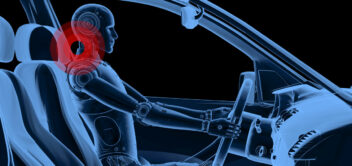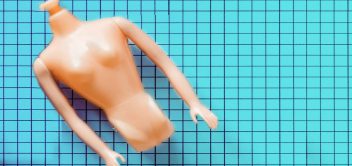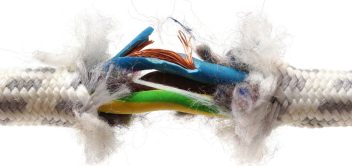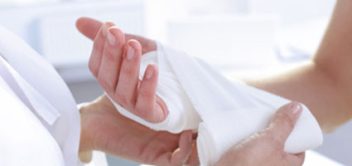Claiming for Hospital Acquired Infections
Types of Hospital or Healthcare Associated Infections
Hospital acquired infection or healthcare associated infection is an infection that is contracted from the environment or staff of a healthcare facility. These infections can be spread in hospitals, nursing homes, rehabilitation facilities or other healthcare settings. In order to bring a claim for contracting a hospital or healthcare acquired infection it is necessary to prove that the patient did not suffer from this infection before admittance and that the patient was not themselves incubating the infection before admission to the healthcare facility.
The majority of infections that become evident 48 hours after hospitalisation are generally considered to be hospital acquired infections. Infections that occur after discharge from hospital may be considered health care associated if the organisms causing the infection were acquired while the patient was in hospital.
Bringing a Claim against a Hospital
Where a claim is being brought against a hospital it will be based on the allegation that there was a lack of hygiene in the hospital by staff members or a failure of procedures to prevent infection. It is also possible to show that once the patient had acquired the infection it wasn’t properly diagnosed or treated. After taking detailed instructions regarding the nature of the infection that the patient has developed, how it was treated and what the health consequences were, Synnott Lawline will take up all medical records relating to treatment received while in hospital and have these records reviewed by an independent medical expert in order to ascertain whether the patient has a statable claim for a hospital acquired infection.
In some cases the independent medical expert may be in a position to pin point how and where the infection was acquired. If this expert believes that the infection was preventable then Synnott Lawline Solicitors will be in a position to draft a letter of claim and initiate proceedings on your behalf. For further information relating to hospital acquired infections and whether or not you are eligible to claim contact one of our specialist solicitors today on Locall 1850 20 40 60 or fill out the call back form. We will provide you with information and advice over the phone and explain the process of making your claim.
-
Central Line-Associated Blood Stream Infection

This is a serious infection when germs enter the bloodstream through the central line. A strict protocol should be followed by all health practitioners when inserting a central line to ensure the line remains sterile and this infection does not occur.
Healthcare professionals should follow the strict guidelines in place when inserting the central line such as wearing gloves, sterile gown, cap and mask, hands should be washed and kept sterile and the central line should be removed as soon as it is no longer required. -
Surgical Site Infection

This is an infection that occurs following surgery in the part of the body where the surgery was carried out. Most surgical site infections are of the skin and are not serious, however, some of these infections can get into the tissues which can be much more worrisome.
-
Catheter Associated Urinary Tract Infections

This infection occurs when germs enter the urinary tract through the urinary catheter and is the most common of hospital acquired infections. This type of infection has been associated with increased morbidity, mortality, length of stay in hospital and healthcare costs. Catheters should only be used when needed and removed as soon as possible thereafter.
-
Ventilator Associated Pneumonia

This is a lung infection that can develop in a patient that is on a ventilator. An infection can occur if germs enter through the ventilator tube and make their way into the patient’s lungs.
-
Gastroenteritis

This infection causes inflammation of the bowel. Hospital acquired gastroenteritis is most commonly caused by clostridium difficile (a spore forming bacteria) and the winter vomiting bug.
-
Other Infections that can be Transmitted in Hospital

As a patient in a hospital or other healthcare facility it is important to take note of any failures in hygiene procedures, such as a doctor failing to wear gloves when inserting a central line. Cases for hospital acquired infection can be very complex, more so than any other claim for medical negligence as it can be difficult to ascertain exactly where the infection was contracted.
- MRSA
- Hepatitis
- HIV
- Acinetobacter
- Burkholderia Cepacia
- Clostridium Difficile
- Clostridium Sordellii
- Gram-Negative Bacteria
- Klebsiella
- Norovirus (Winter vomiting bug)
- Tuberculosis
- Staphylococcus Aureus
Claiming for Hospital / Healthcare Associated Infections







































